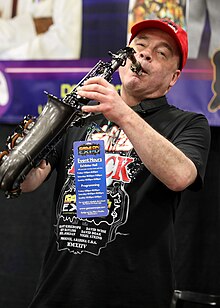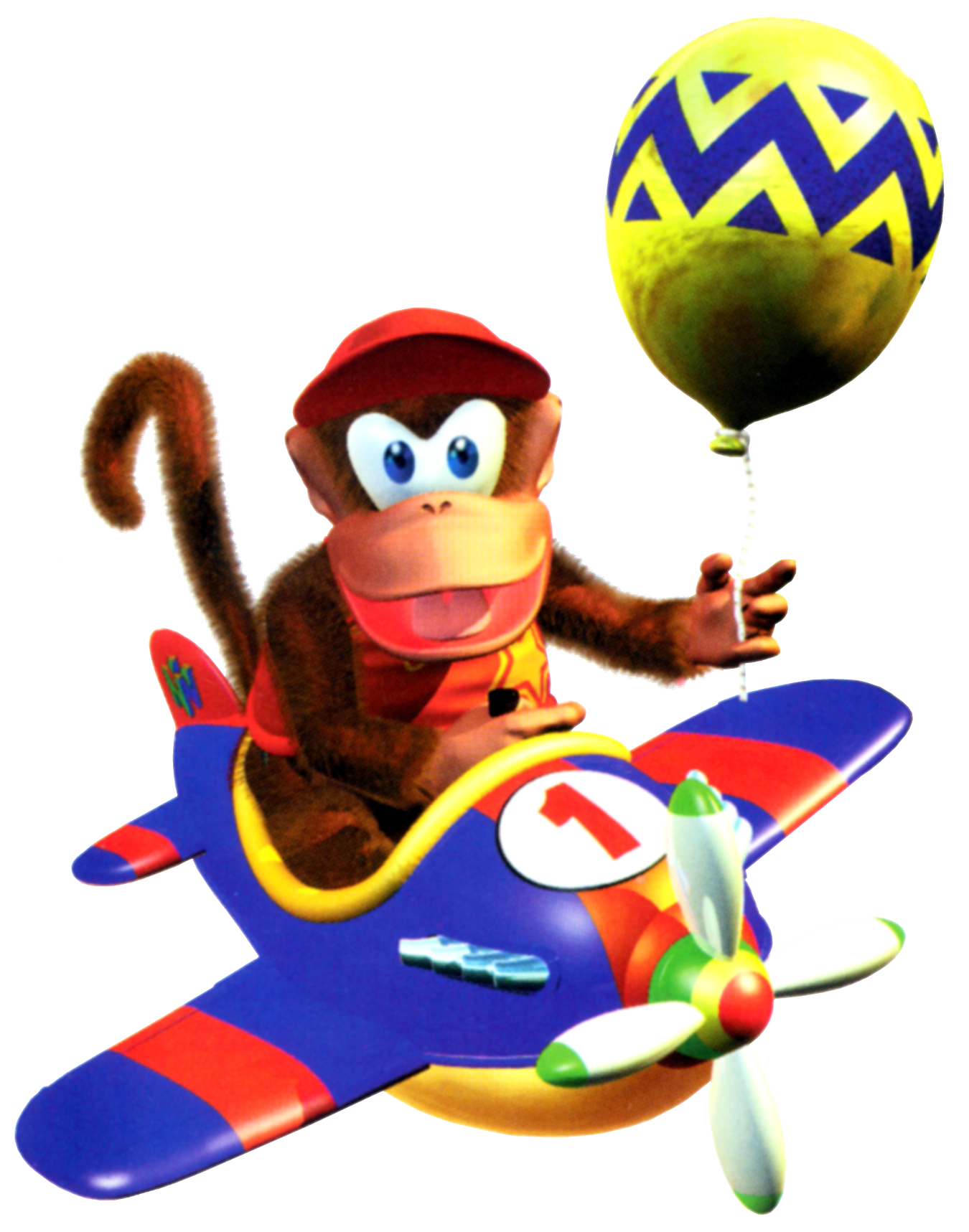Development
Development of the game began after the release of Killer Instinct 2, in which a team was split into making Killer Instinct Gold for the Nintendo 64 and a new racing game for that console. During development, the game became influenced by Walt Disney World and soon evolved into an adventure game called Wild Cartoon Kingdom, with which Nintendo had no involvement. In June 1997, the game was altered to Pro-Am 64, an unrelated follow-up to the NES racing game R.C. Pro-Am. According to Lee Schuneman, the Pro Am 64 project featured three-wheeled trikes in contrast to radio-controlled cars.
With Banjo-Kazooie being delayed until the summer of 1998, the team was adamant for a release of an AAA video game in time for 1997's Christmas season. After successfully demoing the game to Shigeru Miyamoto, he felt that Pro Am 64 did not have a strong enough intellectual property to capture the attention of consumers, and suggested rebranding the game around a widely-recognized Nintendo character, and thus Rare changed the licence to feature Diddy Kong. According to Lee Musgrave, the decision to choose Diddy Kong rather than Donkey Kong was based on their own choice, a decision which Nintendo "enjoyed". Once the intellectual property was changed, the team were left to adapt the visual aesthetics of the game and packaging before it could be released. Musgrave recalled that the ultimate goal of the game was to make it "run as fast" as Mario Kart 64, which proved difficult during development as the latter game utilised 2D character sprites whereas Diddy Kong Racing used fully 3D models. Musgrave later attributed the success of the overall project due to the "small team" of 14 people who worked on it. In an October 2012 interview, Musgrave said that Timber the Tiger would have been the main character of Pro Am 64 had the intellectual property for Diddy Kong Racing not been conceived. Two of the characters who featured in Diddy Kong Racing, Banjo the Bear and Conker the Squirrel, starred in games (Banjo-Kazooie and Conker's Bad Fur Day, respectively) which were unveiled to the public before Diddy Kong Racing, at the June 1997 Electronic Entertainment Expo (E3), but ultimately not released until after Diddy Kong Racing. Rare stated that they chose not to exhibit Diddy Kong Racing at E3 because of the proprietary animation technology used in the game.
The game's soundtrack was composed by David Wise. The soundtrack was first released in Japan on 1 April 1998, with 42 tracks, while a version of the album was released in Europe with the same number of tracks. For its United States release only 16 tracks were featured. The disc itself was specially shaped in the form of Diddy Kong's head, which was unplayable in certain CD players. The sound effects were created by Graeme Norgate. Voices were provided by Kevin Bayliss (Bubbler, Wizpig), Johnni Christensen (Tiptup, Smokey), Eveline Novakovic (Pipsy), Keith Rabbette (Bluey), Lee Ray (Drumstick, Taj), Lee Schuneman (Bumper), Chris Seavor (Conker), Dean Smith (T.T.), Joe Stamper Jr. (Timber, Kid Background Voices), Kimberly Stamper (Kid Background Voices), and Chris Sutherland (Diddy Kong, Banjo, Krunch, Tricky).

David Wise (pictured in 2024) composed the game's soundtrack.

Nintendo enjoyed the fact that we chose Diddy Kong over Donkey Kong; I think that it was us trying to build on the fact that Diddy was ours, and DK was theirs [Nintendo's]. Lee Musgrave in an interview with Nintendo Life, February 2014.
Release
Due to most of the Nintendo 64's planned 1997 Christmas season line-up being delayed until 1998, Diddy Kong Racing became the main Nintendo 64 release for the holiday shopping season, and a majority of Nintendo's $200 million advertising budget for the entire year was allocated to promoting the game. The game had a $20 million marketing budget in North America. Diddy Kong Racing also held the distinction of being the only game in the North American Christmas season line-up for which development was contracted by Nintendo; the other two first-party Nintendo 64 games in the line-up, Bomberman 64 and Mischief Makers, were both licensed from Japanese third-party publishers.